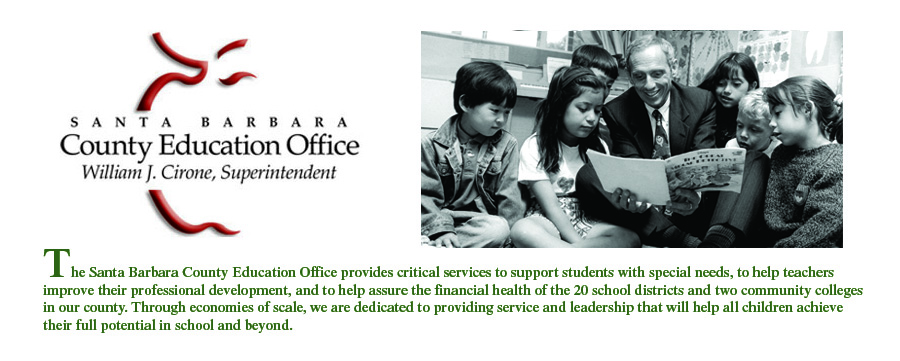The Santa Maria Valley Industry Education Council and the Santa Maria Valley Chamber of Commerce and Visitor & Convention Bureau are hosting their annual Business Appreciation luncheon on Wednesday, Oct. 14 at the Elks Lodge from noon to 1:30 p.m. The theme for this year’s event is Partnership Roundup! It is an opportunity to thank the many local companies, nonprofit organizations, and individuals who support our schools every day.
Companies, nonprofit agencies, and individuals provide schools with resources, awards, and incentives for students, plus food for school activities. Many business leaders also share their time and expertise by participating in career days and the Principal For a Day programs. These activities help teachers give students the skills needed for success, and the luncheon is an annual event to show that appreciation.
The following people, businesses, and nonprofit organizations are among those who will be honored on Oct. 14 for their contributions to the listed school districts:
- CoastHills Credit Union will be honored by Allan Hancock College
- Ben Heighes will be recognized by the Santa Maria Valley Industry Education Council
- Tommy Minetti, Paul Silveira, and The Ellen Degeneres Show will be thanked by the Guadalupe Union School District
- Community Health Centers of the Central Coast will be honored by the Santa Maria-Bonita School District
- Pacific Coast Energy will be thanked by the Orcutt Union School District
- Cal Coast Machinery will be recognized by the Santa Maria Joint Union High School District
- Hanson Aggregates will be honored by the Blochman Union School District
The Partnership Roundup! luncheon will include the distribution of eight computers through the Computer Connections program, a joint venture between the Industry Education Council and the Santa Maria Valley Chamber of Commerce. More than 200 students and their families have received new computer packages through the program for under-served children. This year’s major sponsors were the Wells Fargo Bank Foundation, Waste Management, Altrusa International of Golden Valley, Charter Brokerage, Lineage Logistics, Tunnell Roofing, and the Santa Maria Valley Chamber of Commerce and Visitor & Convention Bureau.
For reservations, please contact the Chamber at register@santamaria.com, or call Jennifer Harrison at 925-2403, ext. 815. For questions about the Santa Maria Valley Industry Education Council and their partnerships, contact Peggy Greer, SMVIEC Liaison at peggreer@sbceo.org or at 349-0443.
